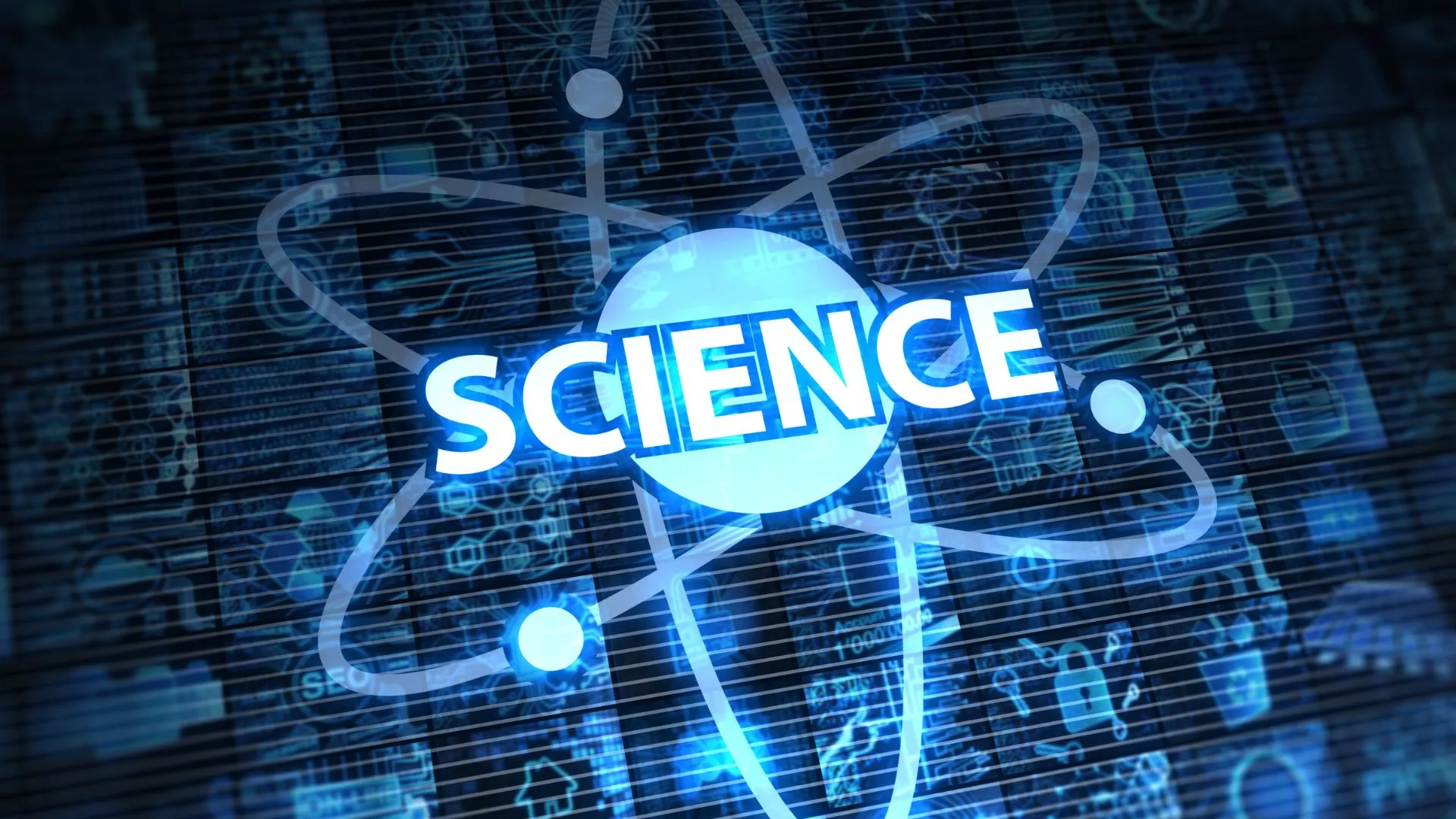Why is Nov 10 celebrated as World Science Day? World Science Day for Peace and Development, which takes place on November 10 each year, emphasizes the significance of science to society and the need to involve the general public in discussions of emerging scientific issues. Additionally, it highlights the importance and relevance of science to our everyday lives.
World Science Day for Peace and Development aims to ensure that citizens are informed of scientific advancements by strengthening the connection between science and society. It also demonstrates how scientists contribute to improving our societies’ sustainability and expanding our understanding of the remarkable and fragile planet we call home.
The Day provides an opportunity to mobilize all stakeholders around the issue of science for peace and development, including schoolchildren, the media, and government officials. By organizing your own event or activity on World Science Day for Peace and Development, UNESCO strongly encourages everyone to participate in the celebrations.
When it approved the idea for an International Year of Basic Sciences for Sustainable Development on December 2, 2021, the United Nations General Assembly stated, “The applications of basic sciences are vital for advances in medicine, industry, agriculture, water resources, energy planning, environment, communications, and culture.”By honoring this theme, World Science Day contributes to the Year 2022.
In December 2021, the UN General Assembly stated, “We need more basic science to achieve The 2030 Agenda and its 17 Sustainable Development Goals.”It is true that basic science receives a different proportion of domestic research funding from country to country. For 86 countries, data from the UNESCO Science Report 2021 show that some countries spend more than 30% of their research budget on basic sciences, while others spend less than 10%.
Given the potential for applications to promote sustainable development and raise living standards, having a capacity in basic sciences is in the best interests of both developed and developing nations. Diabetes, for instance, affects a growing number of people worldwide. Scientists are able to genetically engineer Escherichia coli, a common bacterium, to produce synthetic human insulin thanks to laboratory studies of the ways in which genes can be manipulated to make specific protein molecules.
Make your voice heard by using the hashtags #ScienceDay.

